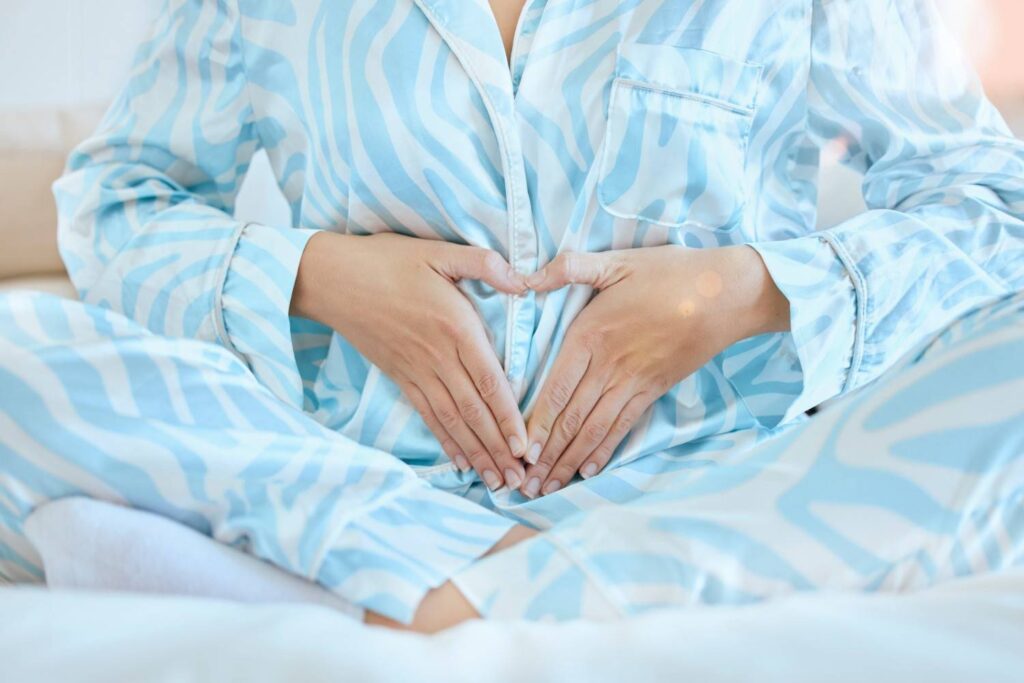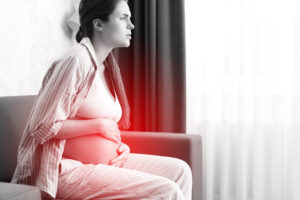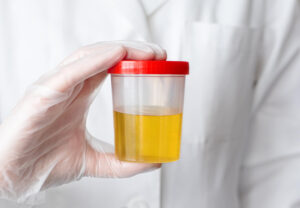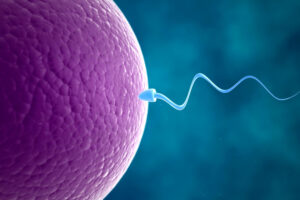Fertility is a deeply personal journey, and for many women today, planning for the future involves more than just setting career or life goals—it includes fertility preservation. One of the most revolutionary options available is egg freezing, or oocyte cryopreservation, which allows women to preserve their fertility and plan pregnancy on their timeline.
But a crucial question arises: Is it better to freeze your eggs in your 20s or wait until your 30s? Let’s explore the differences, benefits, limitations and the right time for egg freezing based on your needs.
What Is Egg Freezing?
Egg freezing is when a woman’s eggs are harvested, frozen, and stored for future use. This technique allows women to delay childbirth without compromising their fertility. The frozen eggs can be thawed, fertilized, and implanted when the woman is ready to conceive.
Egg Freezing in Your 20s: The Peak Fertility Window
Pros of Freezing Eggs in Your 20s
Higher Egg Quality and Quantity
Women in their 20s have peak fertility. This means the eggs retrieved during this age range are more likely to be of superior quality and quantity, increasing the chances of successful fertilization later.
Better IVF Success Rates Later
Since younger eggs are less likely to have chromosomal abnormalities, future IVF outcomes are more successful with eggs frozen in your 20s.
Fewer Egg Retrieval Cycles Needed
Younger ovaries usually respond better to stimulation, reducing the number of hormone cycles needed to collect viable eggs.
Considerations for Egg Freezing in Your 20s
- Uncertain Life Plans: Many women in their 20s are unsure if they’ll need the frozen eggs. There’s a possibility you may never use them.
- Financial Burden: Egg freezing costs can be high, and the investment might not feel justified if there’s no imminent plan to delay motherhood.
- Storage Duration: Longer storage means higher maintenance costs, especially if you freeze early and delay usage for a decade or more.
Egg Freezing in Your 30s: Balancing Time and Fertility
Pros of Freezing Eggs in Your Early 30s
More Clarity About Parenthood
By your 30s, you’ll likely have more explicit personal and professional goals and decide to freeze your eggs more intentionally.
Still Reasonable Egg Quality
Egg quality begins to decline after 35, but in the early 30s, many women still have a good ovarian reserve and egg viability.
Realistic Planning
Women in their 30s often freeze eggs due to a medical condition, partner delay, or lifestyle choice—making it a more practical step than a precaution.

Risks of Waiting Until Mid-to-Late 30s
- Diminished Egg Quality: Fertility starts to drop significantly after age 35. Eggs collected after this age may have lower quality and higher chromosomal abnormalities.
- More Cycles Might Be Required: To store a sufficient number of healthy eggs, you may need multiple retrieval cycles.
- Lower IVF Success Rate Later: Eggs frozen at an older age generally yield lower success rates during fertilization and embryo development.
Comparing Egg Freezing in Your 20s vs. 30s
Egg Quality
- 20s: Very high egg quality with fewer chromosomal abnormalities.
- 30s: Still good in early 30s, but declines significantly after age 35.
Egg Quantity
- 20s: Higher egg count per retrieval cycle due to better ovarian reserve.
- 30s: Declines with age, especially after 35, requiring more cycles.
IVF Success Rates
- 20s: Highest chance of successful IVF and embryo development.
- 30s: Moderate success; chances drop post-35.
Cost-Effectiveness
- 20s: A more extended storage period can mean higher long-term costs, but fewer retrievals are needed.
- 30s: May need more cycles, but shorter storage duration can balance expenses.
Likelihood of Usage
- 20s: Less certainty of needing the eggs in the future.
- 30s: More likely to use eggs due to more apparent life and family plans.
Emotional and Life Readiness
- 20s: Women may not yet feel emotionally or situationally ready for parenthood.
- 30s: Greater clarity about personal, professional, and family goals.
Cost of Egg Freezing: Is Age a Factor?
The cost of egg freezing in India typically ranges from ₹1.5 to ₹2.5 lakhs per cycle, including consultations, medications, retrieval and freezing. However, freezing in your 30s might mean more cycles are needed due to reduced egg count and quality—thus potentially increasing the cost.
Additionally, long-term storage costs can accumulate over time. If you freeze your eggs in your 20s and store them for 10–15 years, storage fees can add up significantly.
When Is the Best Age to Freeze Your Eggs?
There is no one-size-fits-all answer, but fertility experts generally agree:
- The ideal age for egg freezing is between 27 and 34, as this range offers a balance between egg quality and life readiness.
- If you have a known medical condition (like PCOS or endometriosis), or if you need to undergo chemotherapy, consider freezing earlier.
- Your personal goals and future family plans should also be taken into account.
Expert Tips for Deciding When to Freeze Eggs
Get an AMH Test: Anti-Müllerian Hormone (AMH) testing provides information about your ovarian reserve, helping you make better decisions about the right time for egg freezing.
- Speak with a Fertility Specialist: Personalized advice from a fertility expert is crucial. Clinics like Boon IVF offer comprehensive consultations.
- Review Financial Planning: Check if your insurance covers fertility preservation. Consider financial readiness for both the procedure and long-term storage.
- Consider Genetic Counseling: Especially if you’re over 35 or have a family history of genetic conditions.
Why Choose Boon IVF for Egg Freezing?
At Boon IVF, we understand the importance of preserving your fertility on your terms. Our team offers:
- State-of-the-art cryopreservation technology
- Expert gynaecologists and embryologists
- Transparent pricing and financial counseling
- Emotional and psychological support throughout your journey
Final Verdict: Should You Freeze Your Eggs in Your 20s or 30s?
- If egg quality and long-term fertility preservation are your top concerns, consider freezing your eggs in your mid-to-late 20s.
- If you want more clarity, emotional maturity, and practical planning, freezing eggs in your early 30s might be proper.
Ultimately, the right time to freeze your eggs is when you’re ready—medically, emotionally, and financially.
FAQs About Egg Freezing
Q: Is egg freezing safe?
Yes, it is a safe and well-established procedure with minimal risks.
Q: Can I still conceive naturally after freezing my eggs?
Absolutely. Egg freezing does not interfere with your natural fertility.
Q: How long can eggs be stored?
Eggs can be safely stored for 10–15 years without declining quality.
For more expert guidance, personalized assessments, and modern fertility solutions, schedule a consultation with Boon IVF today and take control of your future fertility.


